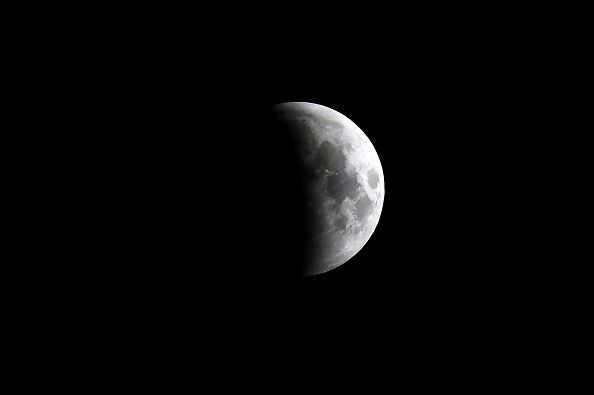Chinese Moon Mission Update: Lunar Research Station In The Works?

China’s space agency has announced its plans to build a research station on the moon that will allow for manned lunar explorations within a decade’s time, state media reported.
Speaking at the recent “Space Day” celebration held in Changsha in China’s Hunan province, China National Space Administration head Zhang Keijian said they are going to send a manned mission to the moon with the aim to build the aforementioned research station in the south polar region of the moon, Xinhua reported.
Zhang said they will launch a lunar probe, Chang’e-5, to collect and return lunar samples by the end of this year. Collected samples will be permanently kept in several storage centers, Zhang added.
The Chang’e-5 lunar probe was originally scheduled to travel to the moon and back in the second half of 2017, but was delayed due to problems with its carrier, the Long March 5 rocket, Phys.org reported.
Plans for 2020
In an apparent move to make a name for itself in the area of space exploration, China also announced its big plans for the year 2020.
Zhang mentioned in his speech that aside from exploring the moon, China also plans to explore the red planet, Mars. He said the Chinese space agency also plans to send the country’s first Mars probe in 2020.
The China Manned Space Engineering Office also said Wednesday that they are planning to launch the Long March 5B rocket in 2020. This rocket boasts of having the largest carrying capacity among rockets sent into low-earth orbit, and will play a key role in China’s manned space projects.
The year 2020 will mark the rocket’s first flight into space, and it will be carrying the core parts of a space station called the Tiangong, or “Heavenly Palace.” Astronauts and components needed to assemble the space station will be sent at a later time.
The Tiangong is scheduled to be fully operational in 2022, and will replace the International Space Station which is due to retire two years later. The China Academy of Space Technology expects the Tiangong to last for about 15 years, China Daily reported.
Last week, China also announced its plans for an asteroid exploration mission, and invited other interested collaborators to join in by placing their experiments on the probe.

© Copyright IBTimes 2024. All rights reserved.





















